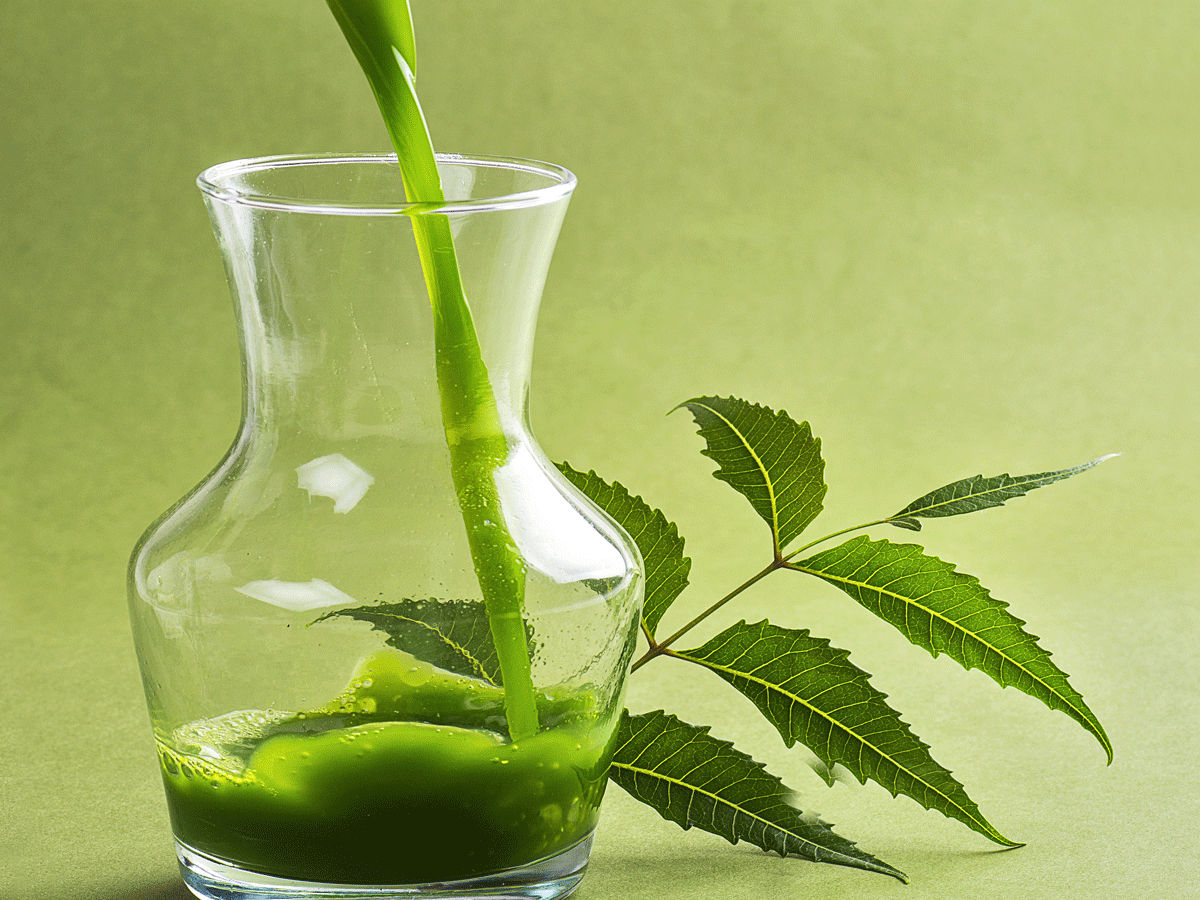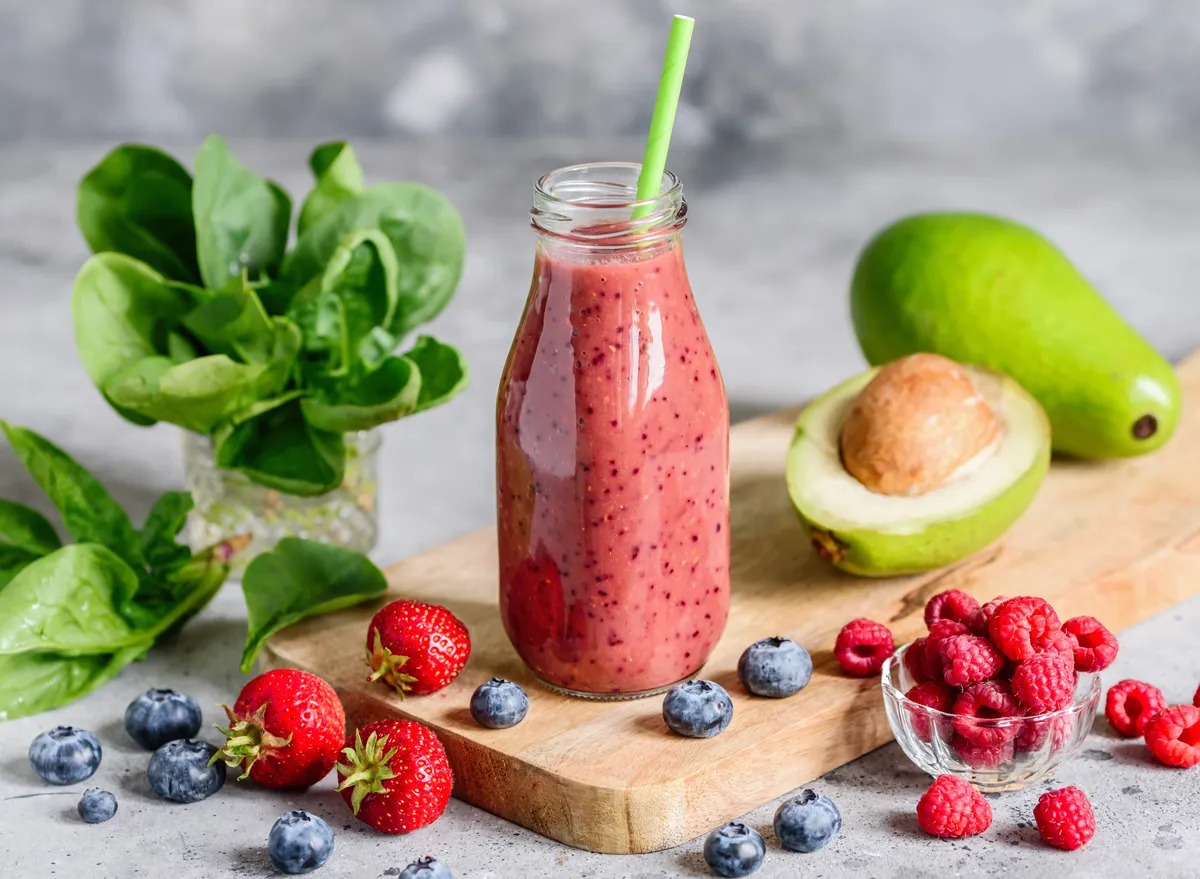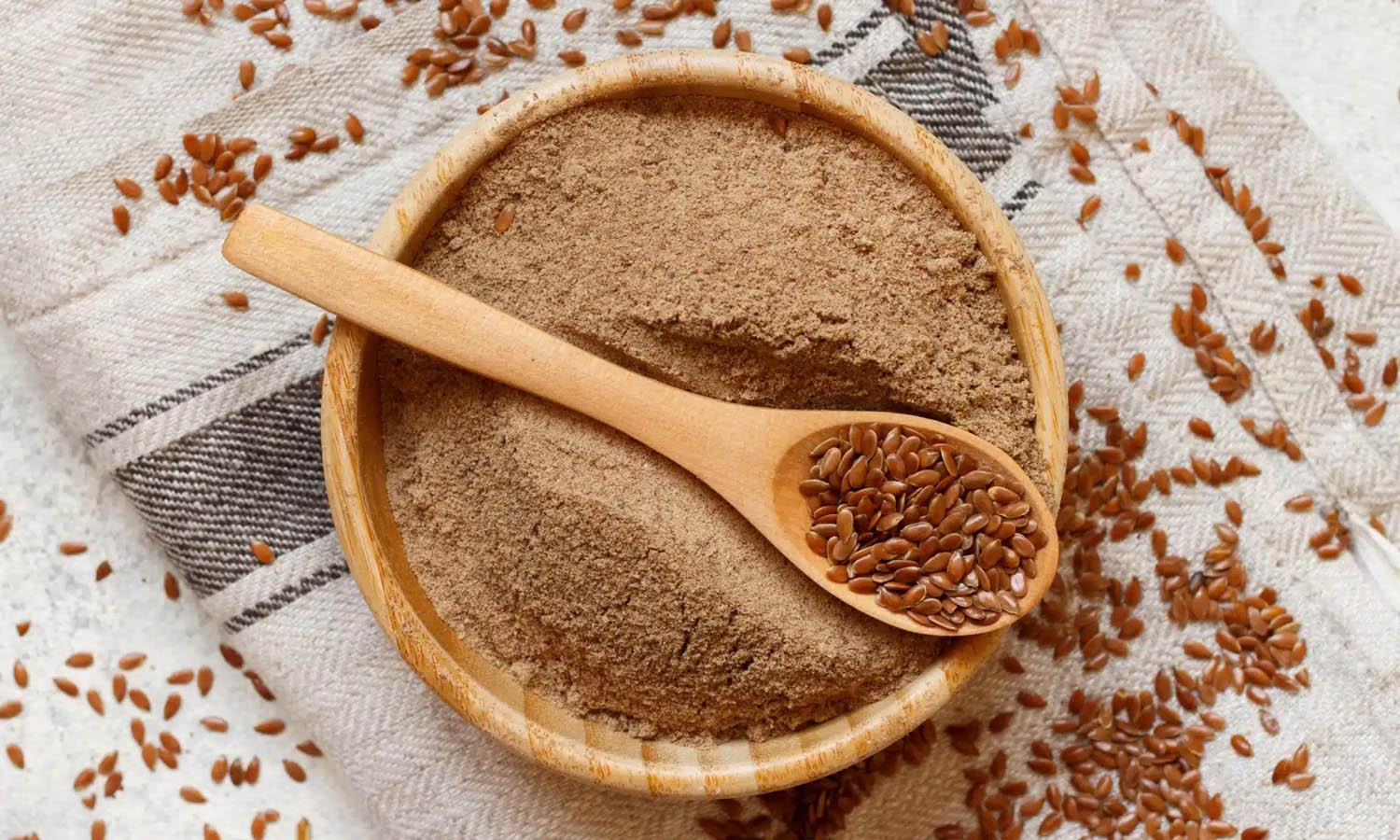Why You Should Drink Vegetable Juice
Drinking vegetable juice is a great way to incorporate more nutrients into your diet. Vegetables are packed with essential vitamins, minerals, and antioxidants that can help support overall health and well-being. By juicing vegetables, you can easily consume a concentrated source of these beneficial nutrients in a convenient and delicious form.
Choosing the Right Vegetables
When it comes to making vegetable juice, it’s important to select the right vegetables to ensure a balanced and flavorful blend. Leafy greens like spinach, kale, and Swiss chard are excellent choices due to their high nutrient content. Root vegetables such as carrots, beets, and sweet potatoes add a touch of sweetness and provide additional vitamins and minerals. Cucumbers and celery are hydrating and refreshing additions to any vegetable juice blend.
Preparing Your Vegetables
Before juicing, it’s essential to properly prepare your vegetables. Wash them thoroughly to remove any dirt or debris, and trim off any inedible parts such as stems or tough skins. For leafy greens, it’s best to remove any thick stems to prevent bitterness in the juice. Once your vegetables are prepped, they’re ready to be transformed into a nutritious and delicious beverage.
Using a Juicer
To extract the juice from your vegetables, you’ll need a quality juicer. Centrifugal juicers are great for beginners and are effective at juicing a wide variety of vegetables. Masticating juicers operate at a slower speed, which can help preserve more of the nutrients in the juice. Whichever type of juicer you choose, be sure to follow the manufacturer’s instructions for optimal results.
Creating Delicious Combinations
One of the best things about vegetable juice is the endless possibilities for flavor combinations. You can create a vibrant green juice with spinach, cucumber, and green apple, or opt for a more robust blend with beets, carrots, and ginger. Experimenting with different vegetables and adding a hint of citrus or herbs can elevate the taste of your juice and keep things interesting.
Enjoying Your Vegetable Juice
Once you’ve juiced your vegetables, it’s time to sit back and savor the fruits of your labor. Pour your freshly made juice into a glass, add some ice if desired, and take a moment to appreciate the nourishing goodness you’re about to enjoy. Drinking vegetable juice can be a refreshing and invigorating experience, providing a burst of energy and vitality.
Conclusion
Drinking vegetable juice is a simple and effective way to boost your nutrient intake and support your overall health. By choosing the right vegetables, preparing them properly, and experimenting with different combinations, you can create delicious and nutritious juices to enjoy on a regular basis. So, grab your favorite vegetables and get juicing – your body will thank you for it!
Was this page helpful?
Read Next: How To Drink Celery Powder











